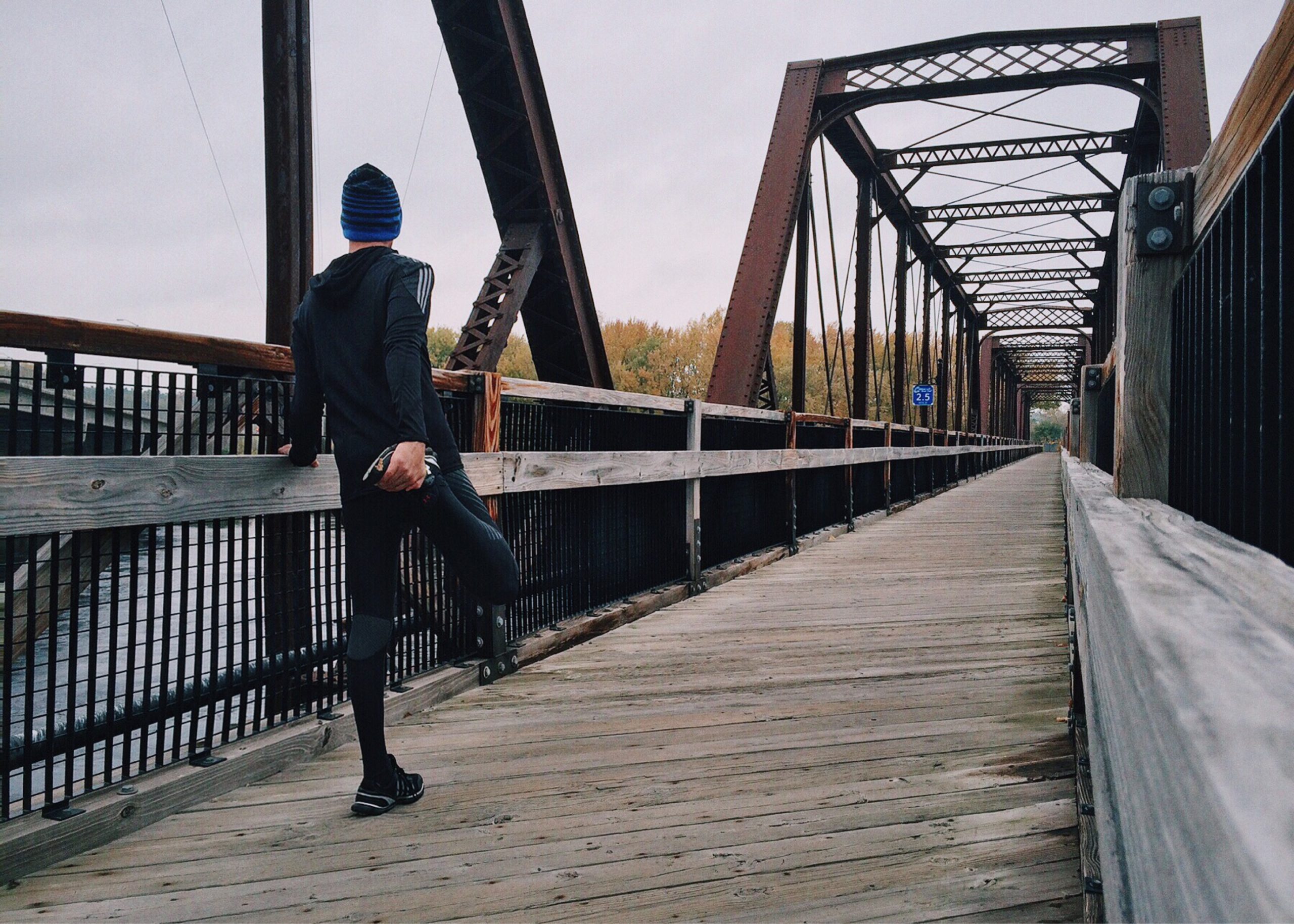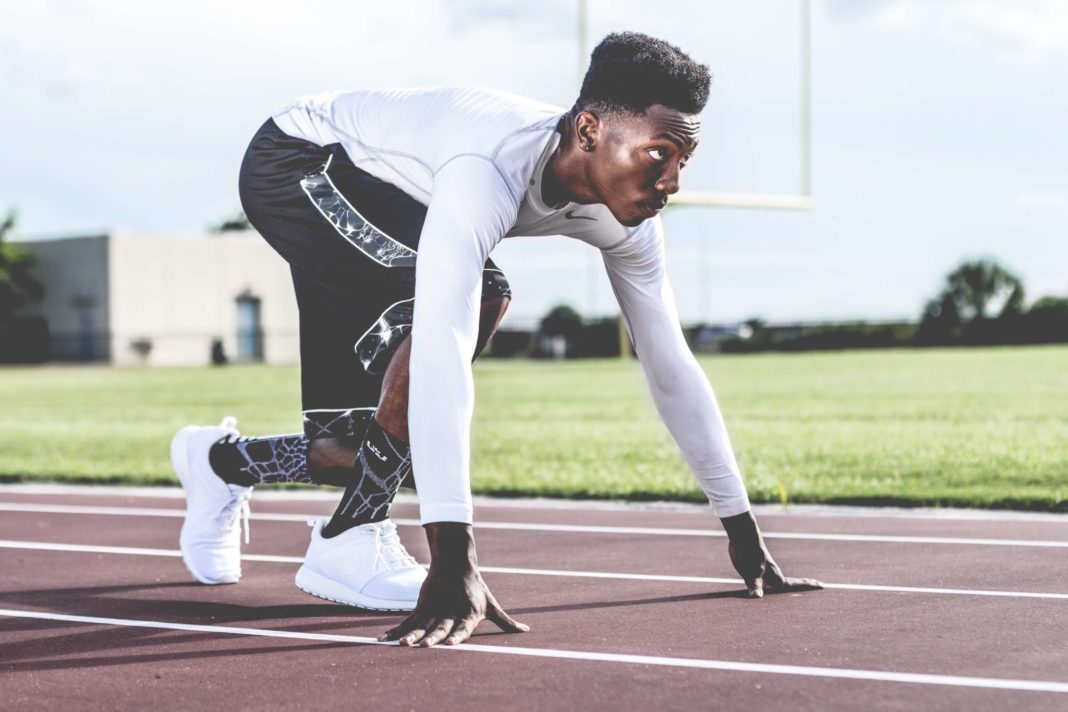A professional athlete’s livelihood is highly dependent on their performance. When milliseconds can define a match as a loss or win, it reverberates into the true consequences of ailments and problems that can affect performance.
Sports are full of adrenaline-inducing moments that anyone could easily get swept away by, regardless of whether they’re a pro or a beginner.. The joy and competitiveness can push athletes and those who are practicing on a professional level beyond the edge, causing them injuries or other problems.
A professional athlete has to always be careful with their body as any minor injury that may not matter to most people could end an athlete’s career.
We’ve gathered the best 6 tips that help professional athletes protect themselves from injuries and illnesses as much as possible.
1. Insurance
As an athlete becomes better and more prominent, the stakes get higher. An injury to someone who plays sports as a hobby can translate to a devastating end to a promising career as an athlete.
A surprising number of professional athletes have insured themselves against career-ending injuries to protect their assets and financial status in case an injury hinders them from playing professionally again. A lot of professional players have even made a career switch to become insurance agents themselves when their injuries became unsustainable.
You can browse this resource to find out more about the requirements for getting a license and passing the insurance exam. It can be a fulfilling job as they get to educate others about the dangers of injuries, help them avoid it, and give them a safety net in case everything goes south.
2. Realistic Expectations and Goals
Being ambitious is one of the greatest traits any athlete can have. Ambition can sometimes become a double-edged sword when it pushes someone too hard to do or become something. Sometimes our bodies aren’t really ready to handle the price that comes with doing a shorter lap, running faster, or shooting a ball more powerfully.
While it’s okay to think about reaching a new record, you must realize that any professional athlete usually takes their time as to not strain their body while trying to achieve that target. Sustainability is a key component in your practice routine as you don’t want to hurt or injure your body just to be able to do something only once in your career.
3. Warming and Cooling

No matter how good you are at the sport you’re practicing, never start practicing or playing suddenly. Human muscles usually take some time to warm up to reach their full potential. Taking your muscles by surprise is a recipe for disaster that could cause strains and serious injuries in many cases.
Before a match or a practice session, try to stretch your muscles and do some jogging to make sure they’re ready to give your all. Cooling down is as important as warming up since bringing your muscles to a sudden stop could affect them negatively. After your workout or game, do some light jogging and some stretching to lower the chances of injury and increase your flexibility.
4. Healthy and Balanced Diet
You’d be hard-pressed to find an athlete that doesn’t care about what they put into their bodies and how it affects them. A well-rounded healthy diet doesn’t just provide you with the nutrients and vitamins you need to perform well, but it protects you against many illnesses and ailments that could cause your performance to stagnate for a long period. Keeping a careful watch on your weight is imperative to your performance in many types of sports.
5. Resting and Pacing
When you’re learning a new move or a whole new sport, it’s easy to push yourself beyond your threshold. It’s advised to take your time as you learn anything new to ensure that you’re learning it well while not pushing your body beyond its limits. Resting the body is a major part of any professional athlete’s routine, providing them with the preparation they’ll need to use it at full potential. Pace your training sessions to be reasonable in terms of duration and intensity.
6. Equipment
The equipment athletes may use are dependent on the sport they play, but one thing they all have in common is that it’s paramount for their own safety.
When it comes to obtaining the right and authentic equipment used for your sports, make sure to get quality items. Accessories like mouthpieces, eyewear, and others may sometimes not be a requirement for a sport, but they can still be lifesaving in serious situations.
A professional athlete can’t ignore their body and its needs as it can drastically inhibit performance. Keeping proper forms, habits, and routines are the keys to keeping an athlete’s performance at its peak.
Injuries or illnesses may sometimes be out of anybody’s hands so it’s important to think about the worst scenarios in advance.





